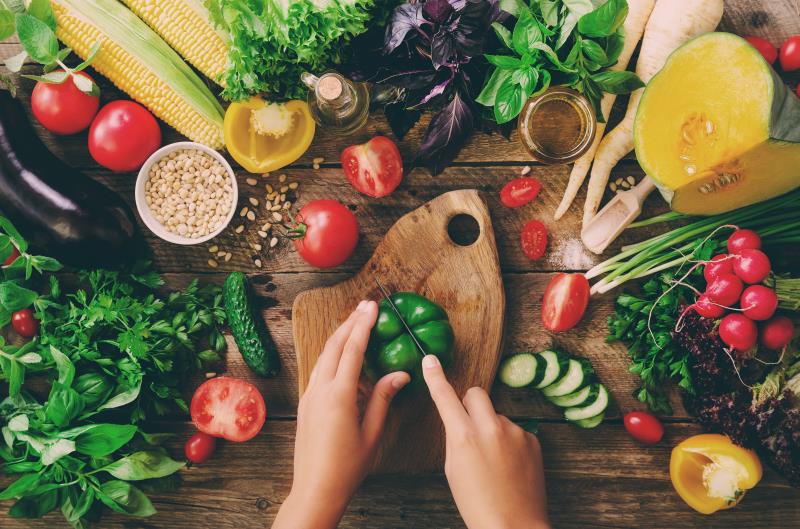
Increasing vegetable consumption did not significantly reduce the risk of prostate cancer progression in men with early-stage disease on active surveillance, the MEAL* trial shows, which contradicts clinical guidelines recommending a vegetable-rich diet in this patient setting.
“Guidelines endorsing vegetable-enriched diets to improve outcomes for prostate cancer survivors are based on expert opinion, preclinical studies, and observational data … [Our] findings do not support [the use of a behavioural] intervention to decrease prostate cancer progression in this population, although the study may have been underpowered to identify a clinically important difference,” said the researchers.
Researchers randomized 478 men (mean age, 64 years) with biopsy-proven prostate cancer 1:1 to receive behavioural intervention via a telephone-delivered counselling programme that encourages consumption of seven or more daily servings of leafy green, carotenoid, and cruciferous vegetables (intervention arm) or written information about diet and prostate cancer (control arm). Follow up period was 24 months. [JAMA 2020;323:140-148]
When analysing diet composition, at 12 months, there were substantial and clinically meaningful increases in total vegetable servings (mean change, 2.43 vs 0.45 servings/day), cruciferous servings (mean change, 43.10 vs 6.44 g/day), and total carotenoids (mean change, 13,839.31 vs 2,030.79 μg/day; p<0.001 for all), which were sustained at 24 months (p<0.001 for all).
However, there were no significant differences in progression-free percentages (43.5 percent and 41.4 percent) and time to progression between the intervention and the control arms at 2 years (adjusted hazard ratio, 0.97, 95 percent confidence interval, 0.76–1.25; p=0.84).
“These data indicate that, despite prevailing scientific and public opinion [and the sustained increases in carotenoid, cruciferous-rich, and leafy green vegetable intake for 2 years], eating more vegetables will not alter the course of prostate cancer. It will not, to the best of our knowledge, suppress or cure it,” said study lead author Dr J Kellogg Parsons from the University of California San Diego School of Medicine in La Jolla, California US, in a press release.
Parsons was quick to point out however that a behavioural intervention programme may help cancer patients to make better and healthier food options. The increased vegetable consumption may consequently help patients in tolerating treatment by keeping the body stronger and healthier.
“[Moreover,] this study does not provide justification for eating anything you want … The overall health benefits of a diet that [is] relatively low in fat and rich in fruits, vegetables and healthy grains are well-established,” highlighted co-author Dr James Mohler from Roswell Park Comprehensive Cancer Centre in Buffalo, New York, US.
The researchers underscored the need to shift nutritional research toward definitive randomized controlled trials given the overdependence of prostate cancer nutrition guidelines on observational studies with unclear clinical validity.